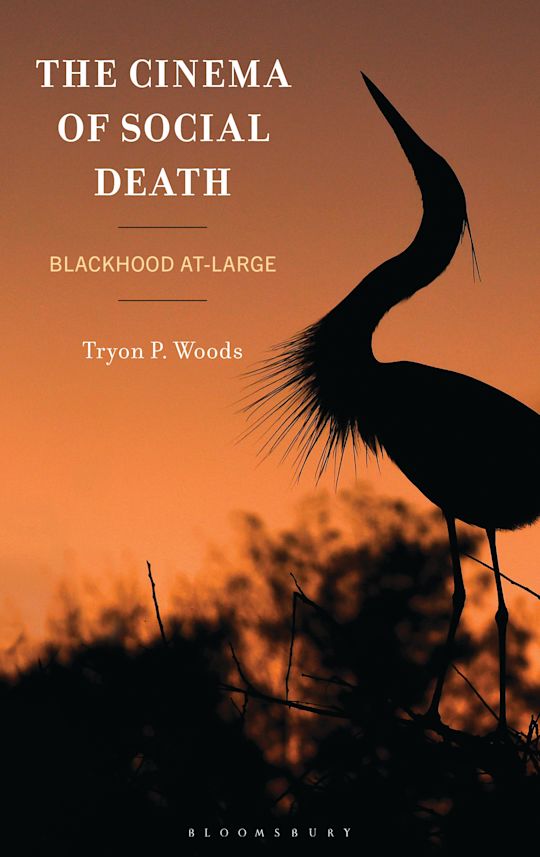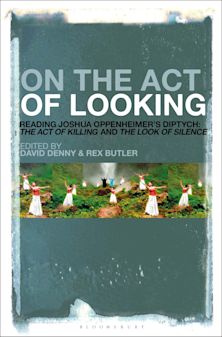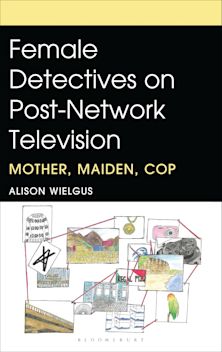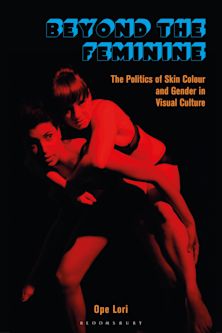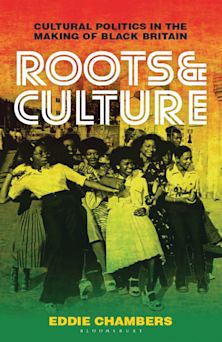- Home
- ACADEMIC
- Film & Media
- Race and Ethnicity in Film and Media
- The Cinema of Social Death
You must sign in to add this item to your wishlist. Please sign in or create an account
Description
In The Cinema of Social Death: Blackhood At-Large, Tryon P. Woods argues that cinematic counter-narratives to society's deep-seated racist culture, while claiming to advance racial justice, fail to escape the trappings of anti-blackness and instead function to disguise a parasitic and antagonistic relationship toward blackness, rather than expose how the paradigm works.
Through analyses of a selection of purportedly anti-racist narratives from documentarian Liz Garbus and a trio of independent black filmmakers, Tanya Hamilton, Haile Gerima, and Spike Lee, Woods demonstrates the precarious nature of telling stories of racial justice without falling into the contradictory trap of imposing antiblack notions of gender and sexuality. Contrary to the prevalent sentiment that these visual narratives disrupt and unravel the suffering, lack, and pathology attached to blackness, Woods posits that the films being examined are detrimental to black liberation, and thus, to human deliverance.
As such, this book's chief concern is in how our efforts to unravel the problems of the world become part of the problem. In the process, Woods highlights the trap of visual culture and its racial discourse as it obfuscates the modern era's assault on human reciprocity and connection.
Table of Contents
Introduction: A Persecutory Degradation
1. Blackhood in the Wings: The Farm and The Execution of Wanda Jean
2. Blackhood at the Clinic: What Happened, Miss Simone?
3. Living among the dead in Night Catches Us
4. Requiem for black revolution: Haile Gerima and Spike Lee
Coda: Being-At-Large in a Racialized World
Bibliography
About the Author
Index
Product details

| Published | 13 Nov 2025 |
|---|---|
| Format | Ebook (Epub & Mobi) |
| Edition | 1st |
| Extent | 176 |
| ISBN | 9781978761629 |
| Imprint | Bloomsbury Academic |
| Series | New Critical Humanities |
| Publisher | Bloomsbury Publishing |
About the contributors
Reviews
-
What does a critique of antiblackness look like? Tryon P. Woods offers us an invaluable account: a deft critique of the system and its configuration of power. Woods calls for an unsettling, self-sacrificing, and critical engagement with our affective investment to the legacy of the human. Cinema, in its circulation and consumption of images of blackness, makes its impact felt in white civil society's antiblack libidinal economy, and for this reason alone it is a medium to reckon with. In the afterlife of our slaveholding culture, cinematic representations of social death must resist the pull of all forms of sentimentalism. Uplifting personal stories of antiblack violence and recognizing the excluded while leaving the system's naturalized rotten core-its antiblack structures-unchecked can only cruelly prolong the murderous status quo. Woods's incisive intervention will jolt many of us out of our sanctioned liberal anti-racist slumber, compelling us to take up the political and collective challenge to bear witness and respond to black power, to invent and recreate the world otherwise, and to infuse it with a desperately needed sense of human reciprocity.
Zahi Zalloua, Cushing Eells Professor of Philosophy and Literature and Professor of Indigeneity, Race, and Ethnicity Studies, Whitman College, USA
-
The Cinema of Social Death is a singular and remarkable book. With conceptual clarity and theoretical poise, Tryon Woods produces insights that help undo the decadence embedded in readings of cinematic images of blackness, past and present. In doing so, The Cinema of Social Death provides a much-needed riposte against the fantasies of present-day visual observations and the facile forms of antiracism that too often grip the philosophical summations of the cinematic world. Said project has the generative potential to create a paradigmatic shift in our social and cultural thinking; a shift that no doubt benefits us all.
P. Khalil Saucier, Professor of Critical Black Studies, Bucknell University, USA

ONLINE RESOURCES
Bloomsbury Collections
This book is available on Bloomsbury Collections where your library has access.









